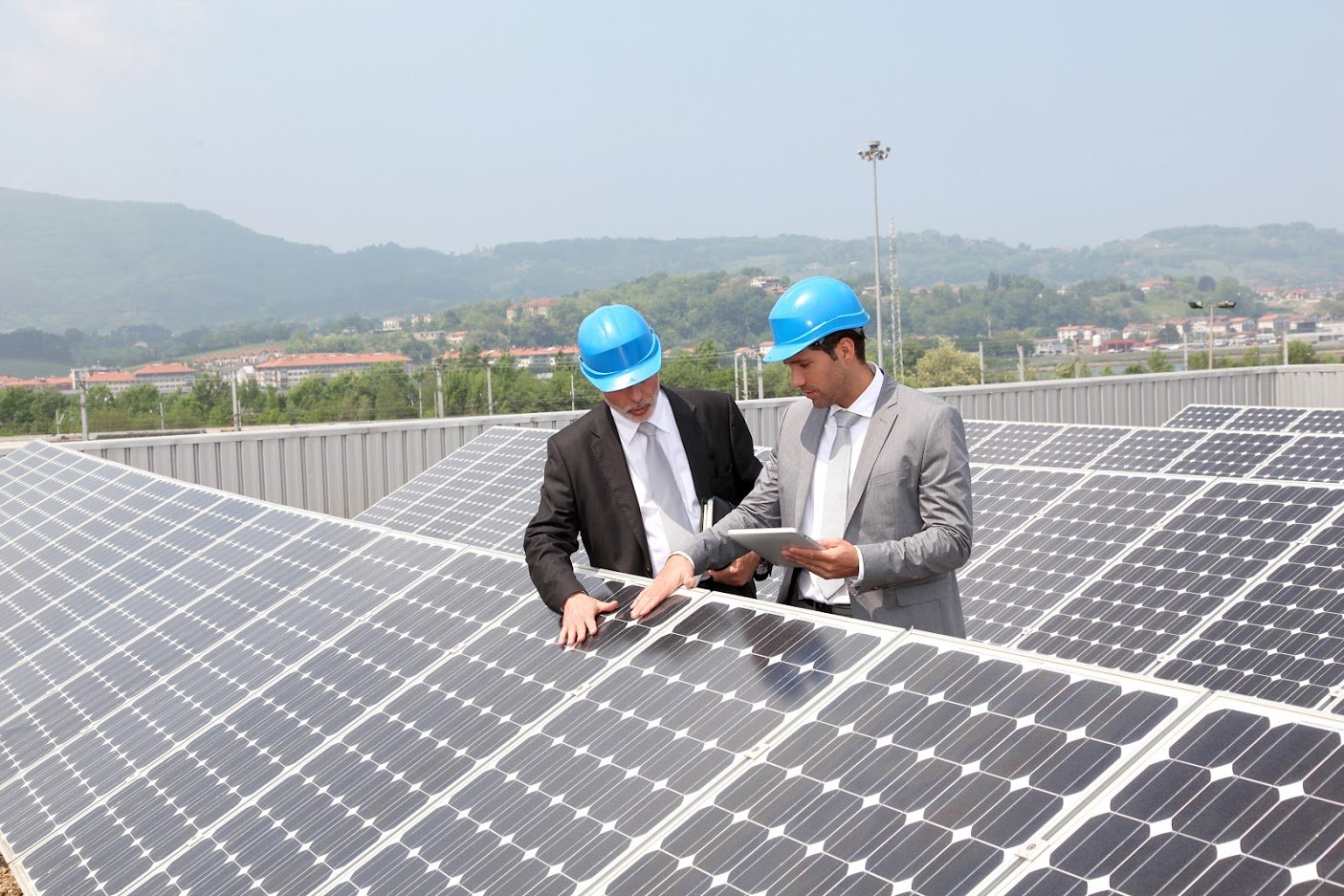3 min read
Is Your Business Going Solar? Important Considerations for Facility Managers
Solar Source Jan 24, 2020
Switching to solar power is one of the smartest decisions a company's leadership can make. When you install a solar-based power generating system on your commercial or industrial property, you lower your facility's carbon footprint while you reduce your company's overall energy costs.
Here are a few challenges you may encounter in your commercial solar installation along with some solutions to help you resolve the challenges.

Code and Regulation Compliance
As with any structural or land-use change, a solar installation in most locales involves approval from various agencies and governmental authorities. Your precise level of approval-related legwork will depend on your status related to the project.
If you're a Florida-licensed electrical contractor doing the work on the facility yourself, you can pull the permits online. If you hire a contractor to install your solar project, the solar installation professionals will handle the permitting process for you. However, your solar installer may need you to provide certain documents if the permitting agency has questions about property ownership or other issues.
Permits are issued based on a solar project's adherence to local rules and regulations. Small solar projects are often governed by fewer rules and regulations than more ambitious solar projects.
For example, requirements for large-scale solar-energy-production-facility permits in Hillsborough County include:
- Minimum lot size of five acres
- Setback of at least 50 feet all around
- Ground-mounted panels required for installation
- Maximum panel height of 15 feet
- Mandatory site fence for ground-mounted panels
Work with an experienced solar installation crew to avoid last-minute issues with permits and inspections. A professional solar installation company knows which permits to pull and how to get you the approval documents you require. They prepare site plans that comply with municipal and governmental codes and regulations.
Land-Use Conflicts
If your facility's projected solar array will cover several acres of vacant land, your solar installation may be considered a change in land use. You may have to comply with public hearings and win local commissioners' votes to win the rights to your land-change plans.
Keep 10 steps ahead to avoid land-use conflicts. Consider leasing unkempt, local abandoned industrial land for your solar installation. If you lease potential solar-array land that locals consider agricultural or pastoral, you may experience more pushback than you'll get by transforming property the locals consider an abandoned industrial eyesore.
Prepare materials to show meeting attendees and the media the ecological impacts of switching your power and heating sources from gas or electric to solar. Crunch the numbers to discover how much your solar installation helps the environment. Stress the impacts of solar changes over time and what those changes mean for the future to increase the chances that you win local approval for your solar project.
You professional solar-installation development team helps with land-use concerns by showing you ways to minimize solar energy-related property changes. Walls, parking lots, rooftops, and productive agricultural fields can be outfitted with solar equipment to make the most of available real estate.
A competent, experienced solar crew can show you how to maximize space for maximum power return (and maximum neighborhood good will).
Maintenance of Solar Equipment
The life expectancy of solar panels is around 30 years. Inverters can run for around 10 years before they need to be replaced. You can extend the useful lives of your solar panels, inverter, and equipment with routine maintenance and inspections.
Cleanliness is one part of solar panel maintenance. A clean solar panel is less likely to be scratched or develop corrosion. Clean panels protect your solar system and boost your power generation. A dirty solar panel's power output can increase after its dirty surface is cleaned.
Unless your staff have advanced training in solar care, hire solar professionals to clean and inspect your panels. Solar experts know how to spot problems with your system and correct the issues before there are serious power disruptions or other commercial disasters.
Weather-Related Issues
Facility managers of commercial enterprises must perform due diligence in assessing the local weather patterns that affect solar-power generation in their regions. Professional solar design installers are vital allies when you evaluate solar-installation sites for power-generating potential.
Solar professionals work with owners of businesses and industrial plants to calculate weather-related maintenance and power generation losses when planning future solar installations.
In areas with very hot temperatures, heat can slowly degrade solar panels. Solar panels may need special cooling systems to preserve their internal components in brutally hot installations. In hurricane-prone Florida, expect seasonal care for solar panels exposed to flying limbs and storm-driven debris.
Reliable backup power sources are vital in locations with random or frequent cloudy days. Your solar-system installation team can work with traditional power professionals to design a dual energy system that works in most environments or with your present power grid.
Receive top-shelf solar consulting and design services for your commercial facility by contacting Solar Source today. We are licensed solar professionals willing to tackle both large and modest commercial and industrial solar installations throughout Florida and the Caribbean.

